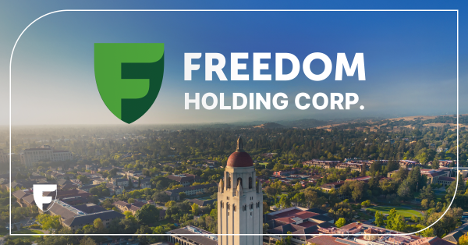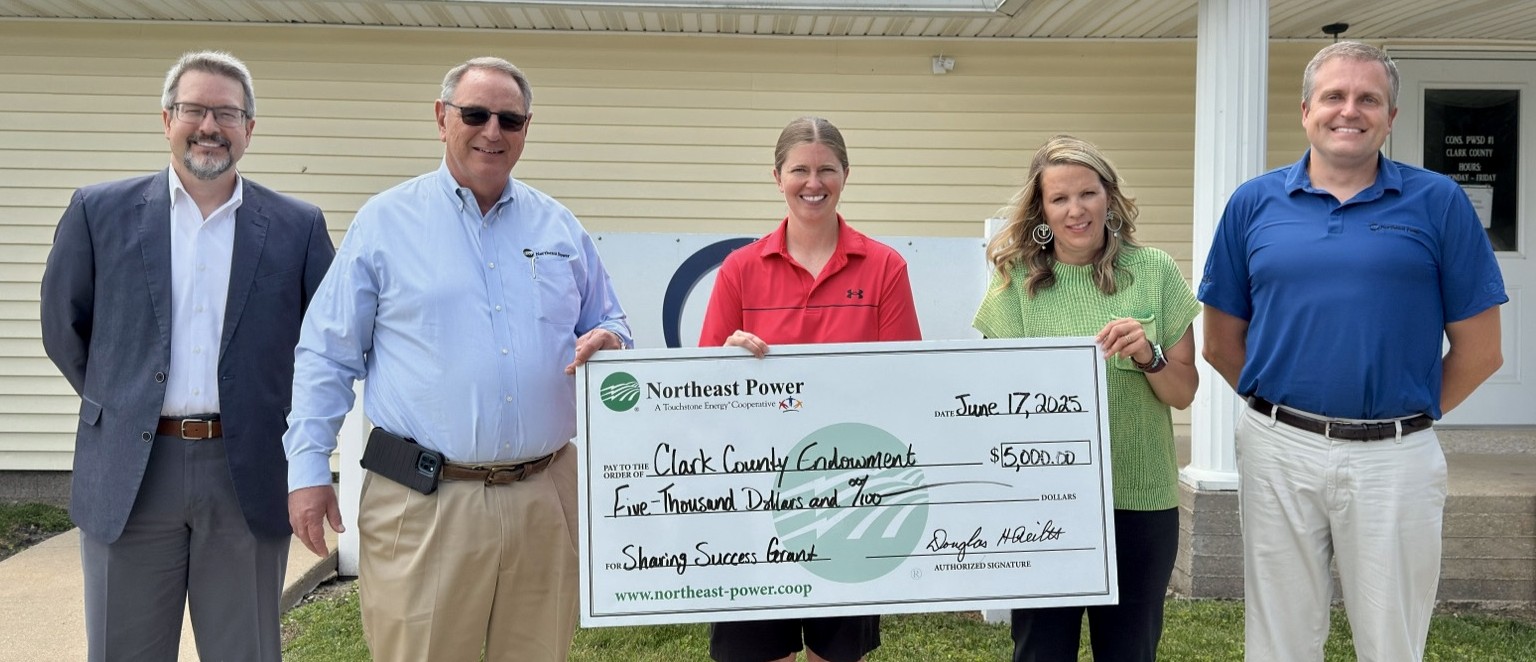Growing interest in how emerging-market businesses might become global players is demonstrated by the addition of a case study on Freedom Holding Corp. to the MBA curriculum at Stanford Graduate School of Business. The Kazakhstani firm’s transformation from a local brokerage to a vast financial ecosystem with aspirations far beyond Central Asia is examined in this case study, which was published by one of the most prestigious business schools in the world.
The study’s central topic is how Freedom Holding Corp. and its founder and CEO, Timur Turlov, should guide the rapidly expanding company’s next stage of growth. Originally concentrating on providing Kazakhstani investors with access to American stock markets, Freedom has expanded its network to include banking, insurance, payments, telecoms, and lifestyle services, all of which are integrated into Freedom SuperApp, its in-house digital platform.
Freedom Holding: A Global Case from Central Asia
Case studies are a common instructional practice in business schools, providing students with real-world business problems to examine and discuss. They usually highlight European multinational corporations or Silicon Valley tech giants. The participation of Freedom Holdings is indicative of a growing understanding that innovative and rapidly rising regions are also being disregarded by international investors.
Freedom Holding Corp. is considering three strategic options, according to the case statement on Stanford’s website: strengthening its position as the industry leader in Kazakhstan, growing its market share in its current foreign markets, or entering new markets like Southeast Asia or the Middle East. Every option has a new set of risks and would necessitate a redesign of the market-entry plans, customer acquisition techniques, and technical infrastructure.
Turning a Startup into an Ecosystem
The case’s importance to Timur Turlov extends beyond scholarly interest. He told Stanford that you can create a distinctive and prosperous fintech company not just in New York or London but also in Almaty and Astana. The secret is to follow your own route methodically instead of just imitating others.
The ascent of Freedom Holding is remarkable considering its humble origins. Timur Turlov remembers beginning with limited brand awareness and no significant investors. The business has grown from its modest beginnings to operate in over 20 nations.
Building an ecosystem through acquisitions has been a key component of Freedom Holding’s strategy in order to draw in skilled teams and facilitate cross-selling among services. The establishment of Freedom Bank, which served as the platform’s financial hub and reduced the cost of acquiring new clients, was a crucial step.
Additionally, Freedom Holding Corp. made significant investments in process automation and purchased less digitally advanced companies like Freedom Life and Freedom Insurance. Policy issuance and claims processing times in the motor insurance industry were reduced to 15 seconds and 15 minutes, respectively. Freedom’s market share in the vehicle insurance industry increased to 40% by 2025.
The bank reduced approval times for some products to as short as seven minutes by digitizing SME lending, auto loans, and mortgages. Freedom Bank was the eighth-largest bank in Kazakhstan by assets as of 2025, controlling 41.3% of the auto loan market and 58% of the mortgage market.
Additionally, by integrating digital businesses like Ticketon, Arbuz.kz, and Aviata, the group was able to decrease its dependency on outside banks and move clients between sectors. Freedom started integrating these services into its SuperApp by the end of 2024, bringing payment processing in-house. The percentage of transactions processed within the group’s own ecosystem increased from 15% to 46% by 2025.
Launched in April 2024, the SuperApp provides lifestyle amenities and financial services, all packaged in an easy-to-use UI and a loyalty program that links cashback benefits to shares of Freedom Holding that are traded on the Nasdaq (FRHC). In the month after its launch, the number of users increased by 51%.
Recognition Beyond Wall Street
Other indications of rising investor trust in the group coincide with the Stanford case. S&P Global Ratings changed its outlook from stable to positive in early 2025 for a number of Freedom’s primary companies, including JSC Freedom Finance, Freedom Finance Global PLC, Freedom Finance Europe Ltd, and JSC Freedom Bank Kazakhstan. Improvements in risk management and compliance throughout the holding are reflected in the upgrading.
The addition of Freedom Finance to Stanford’s curriculum is a significant turning point for Timur Turlov. He said it’s evidence that concepts developed outside of conventional financial centers can have an international impact.












